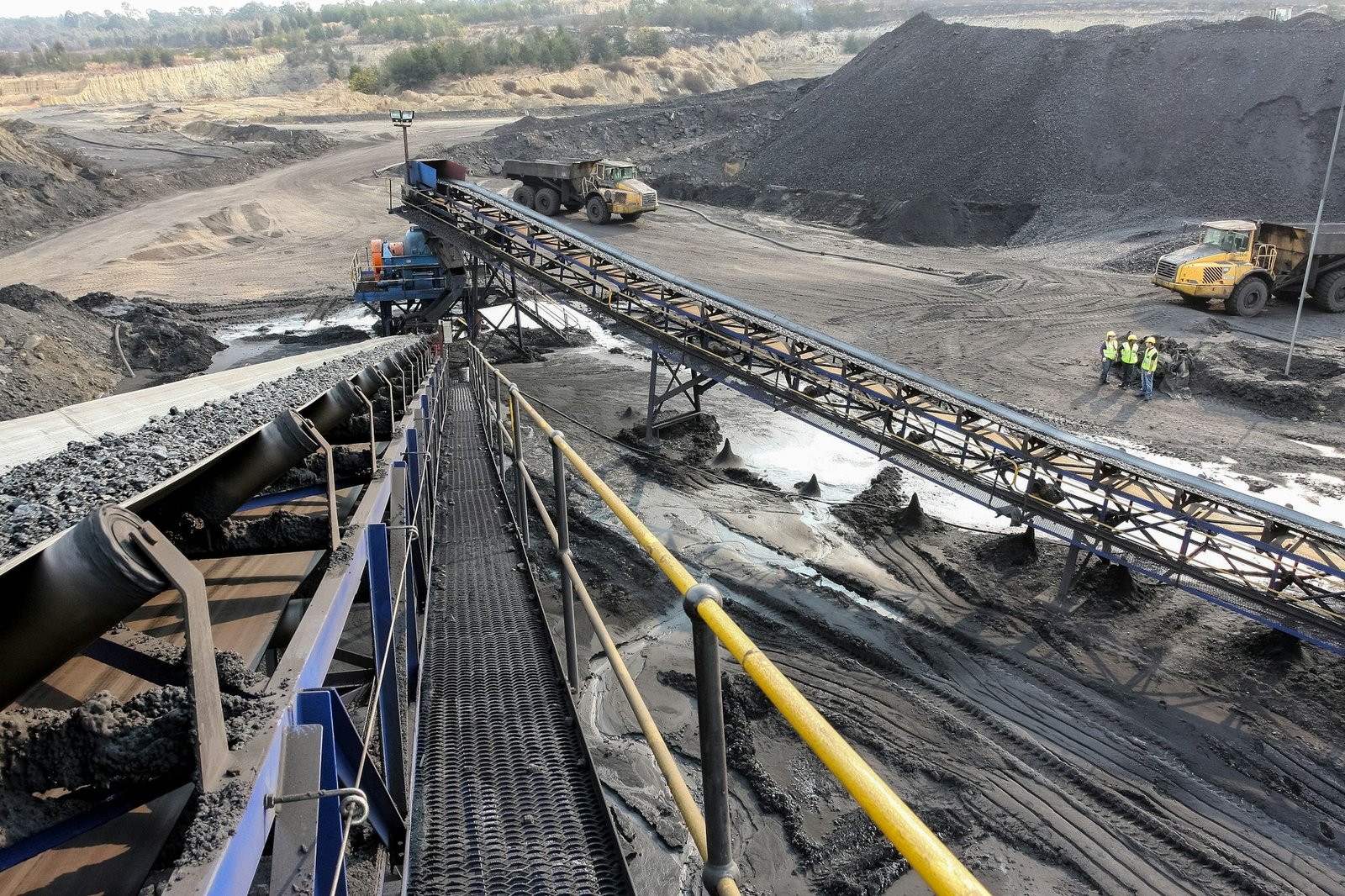In the ever-evolving landscape of technology, chemical engineering stands at the forefront of innovation, driving progress and transformation in various industries. With the advent of the digital age, chemical engineers are harnessing the power of data analytics, machine learning, and simulation tools to revolutionize processes, optimize efficiency, and unlock new possibilities. This article delves into the quantum leap of chemical engineering in the digital age, exploring the intersection of traditional principles with cutting-edge technology.
Bridging Tradition and Innovation: The Evolution of Chemical Engineering
Since its inception, chemical engineering has been synonymous with innovation, applying principles of chemistry, physics, and mathematics to solve complex problems and improve industrial processes. From the development of chemical reactors and separation techniques to the design of pharmaceutical formulations and materials synthesis, chemical engineers have played a vital role in driving progress and economic growth.
The Rise of Digital Technologies: Transforming Chemical Engineering Practices
In recent years, the integration of digital technologies has revolutionized the field of chemical engineering, offering new tools and methodologies to enhance process efficiency, optimize resource utilization, and accelerate product development. Advanced process control systems, real-time monitoring sensors, and predictive analytics platforms enable engineers to monitor and adjust operations in real-time, improving productivity and reducing costs.
Leveraging Big Data and Analytics: Extracting Insights for Decision-Making
Big data and analytics have emerged as game-changers in chemical engineering, providing valuable insights into complex processes and phenomena. By analyzing vast amounts of data generated from sensors, experiments, and simulations, engineers can identify patterns, trends, and correlations that may not be apparent through traditional methods. This data-driven approach empowers decision-makers to optimize processes, troubleshoot issues, and drive continuous improvement.
Embracing Simulation and Modeling: Virtual Prototyping for Innovation
Simulation and modeling tools have become indispensable assets for chemical engineers, allowing them to simulate and optimize processes in a virtual environment before implementing them in the real world. From computational fluid dynamics (CFD) simulations to molecular dynamics modeling, engineers can explore different scenarios, test hypotheses, and design experiments with greater accuracy and efficiency, reducing time and costs associated with traditional trial-and-error approaches.
Ensuring Cybersecurity and Ethical Considerations: Navigating the Digital Landscape
As chemical engineering becomes increasingly reliant on digital technologies, cybersecurity and ethical considerations become paramount. Engineers must safeguard sensitive data, protect against cyber threats, and adhere to ethical principles in data collection, analysis, and utilization. By implementing robust cybersecurity measures and fostering a culture of ethical conduct, organizations can harness the full potential of digital technologies while mitigating risks and ensuring accountability.
FAQs:
1. How has the digital age transformed chemical engineering practices?
The digital age has transformed chemical engineering by providing advanced tools and technologies such as data analytics, machine learning, and simulation, enabling engineers to optimize processes, improve efficiency, and drive innovation.
2. What are some examples of digital technologies used in chemical engineering?
Examples include advanced process control systems, real-time monitoring sensors, predictive analytics platforms, simulation and modeling tools, and computational fluid dynamics (CFD) simulations.
3. How do big data and analytics contribute to decision-making in chemical engineering?
Big data and analytics provide valuable insights into complex processes, enabling engineers to identify patterns, trends, and correlations that inform decision-making, optimize processes, and drive continuous improvement.
4. What are the cybersecurity considerations for digital technologies in chemical engineering?
Cybersecurity considerations include protecting sensitive data, safeguarding against cyber threats, and adhering to ethical principles in data collection, analysis, and utilization to mitigate risks and ensure accountability.
5. How do simulation and modeling tools benefit chemical engineering?
Simulation and modeling tools allow engineers to simulate and optimize processes in a virtual environment, enabling them to explore different scenarios, test hypotheses, and design experiments with greater accuracy and efficiency, reducing time and costs associated with traditional trial-and-error approaches.





